We Are all Different. We Are all Unique and Special.
- Equality and Diversity in The Early Years –
A few days ago, I was travelling home from the shop with my 3 children and I happened to have switched on the radio when the news was on. Usually we listen to a children’s podcasts or music, I tend to avoid having the news on as I find it so depressing and I don’t like the children hearing a lot of what goes on in the media. Anyway, this week my daughter had heard a report about the recent ‘Black Lives Matter’ protests going on across America and Europe . It sparked a conversation about racism and equality. I decided to read up and find out more when I got home, as it is such a big issue at the moment. I live in a small village with a predominantly white demographic and so race issues and conversations are easy to forget.
In brief, equality and diversity, or multiculturalism, is the idea of promoting and accepting the differences between people. More specifically, equality is about ensuring individuals are treated fairly and equally, no matter their race, gender, age, disability, religion, or sexual orientation (The Equality Act 2010). Diversity is about recognising and respecting these differences to create an all-inclusive atmosphere.
As a parent and teacher, I sometimes stumble to know the ‘right’ way to approach this sensitive subject with my children. However, there are many resources and activities that would be a great way to open up the subject in settings and in the home. Here are a few activities, games and resources that you might like to consider.
Race
Find three different apples of different size or colour. Examine them with the children – what is their colour/weight/size smell like etc. Then cut all the apples in half, show the children that they are all the same on the inside – just like people all over the world.
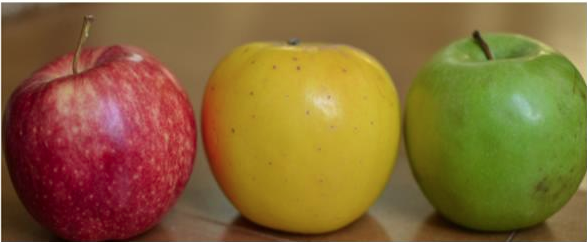
And a few more ways to look at differences in skin colour –
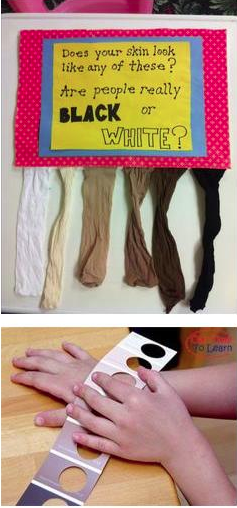
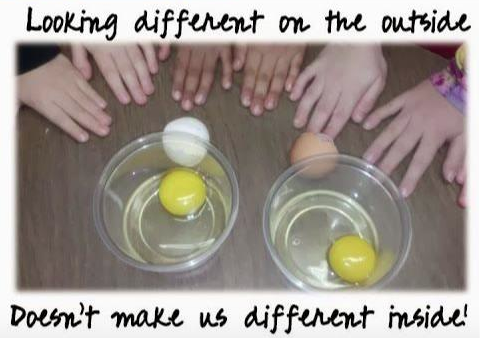
Children’s books about race :
https://mommypoppins.com/Childrens-kids-books-about-racism-preschoolers-teens
Gender & Sexuality
During children’s play, avoid commenting on children’s appearance, for example if a girl/boy chooses a dress to wear from the role play corner – try not to say things like “what a pretty dress you’re wearing”, but rather focus on children’s traits and attributes when offering compliments. You can foster self-esteem in children of any gender by giving all children positive feedback about their unique skills and qualities. For example, you might say to a child, “I noticed how kind you were to your friend when she fell down” or “You were very helpful with clean-up today—you are such a great helper” or “You were such a strong runner on the playground today.”
Offer a wide range of toys, books, and games that expose children to diverse gender roles. For example, choose activities that show males as caregivers or nurturers or females in traditionally masculine roles, such as firefighters or construction workers.
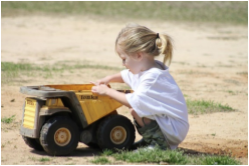
Provide dramatic play props that give children the freedom to explore and develop their own sense of gender and gender roles.
Avoid assumptions that girls or boys are not interested in an activity that may be typically associated with one gender or the other. For example, invite girls to use dump trucks in the sand table and boys to take care of baby dolls.
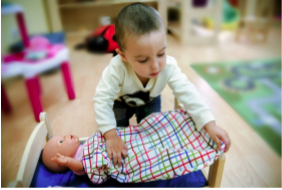
Use inclusive phrases to address your class as a whole, like “Good morning, everyone” instead of “Good morning, boys and girls.” Avoid dividing the class into “boys vs. girls” or “boys on one side, girls on the other” or any other actions that force a child to self-identify as one gender or another. This gives children a sense that they are valued as humans, regardless of their gender. It also helps all children feel included, regardless of whether they identify with a particular gender.
Books and stories –
https://sexpositivefamilies.com/sex-positive-families-reading-list/
https://depts.washington.edu/dbpeds/healthy-gender-development.pdf
Disability
Play games to raise awareness of different physical disabilities. Can your students put on a jumper with just one hand? Can they guide a friend around the classroom with a blindfold on? Can they lip-read what the characters on TV are saying with the sound off? Use these activities to show the difficulties that people face and explain how these people learn to overcome them.
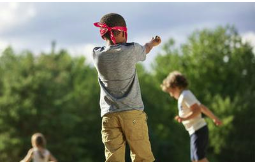
Stories and Books:
https://teachingexceptionalthinkers.com/2020/02/04/books-about-disabilities/
Religion and Cultures
Try and include days to celebrate different cultural and religious events such as Diwali, Ramadan, Chinese New Year, Easter. Try and include opportunities to eat traditional foods and games played during these times.
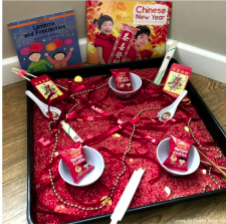
Play music from different cultures, and have a go at creating your own procession instruments from around the world.
Stories and Books:
https://www.rebekahgienapp.com/dragons-books/
By Hannah Polland.

